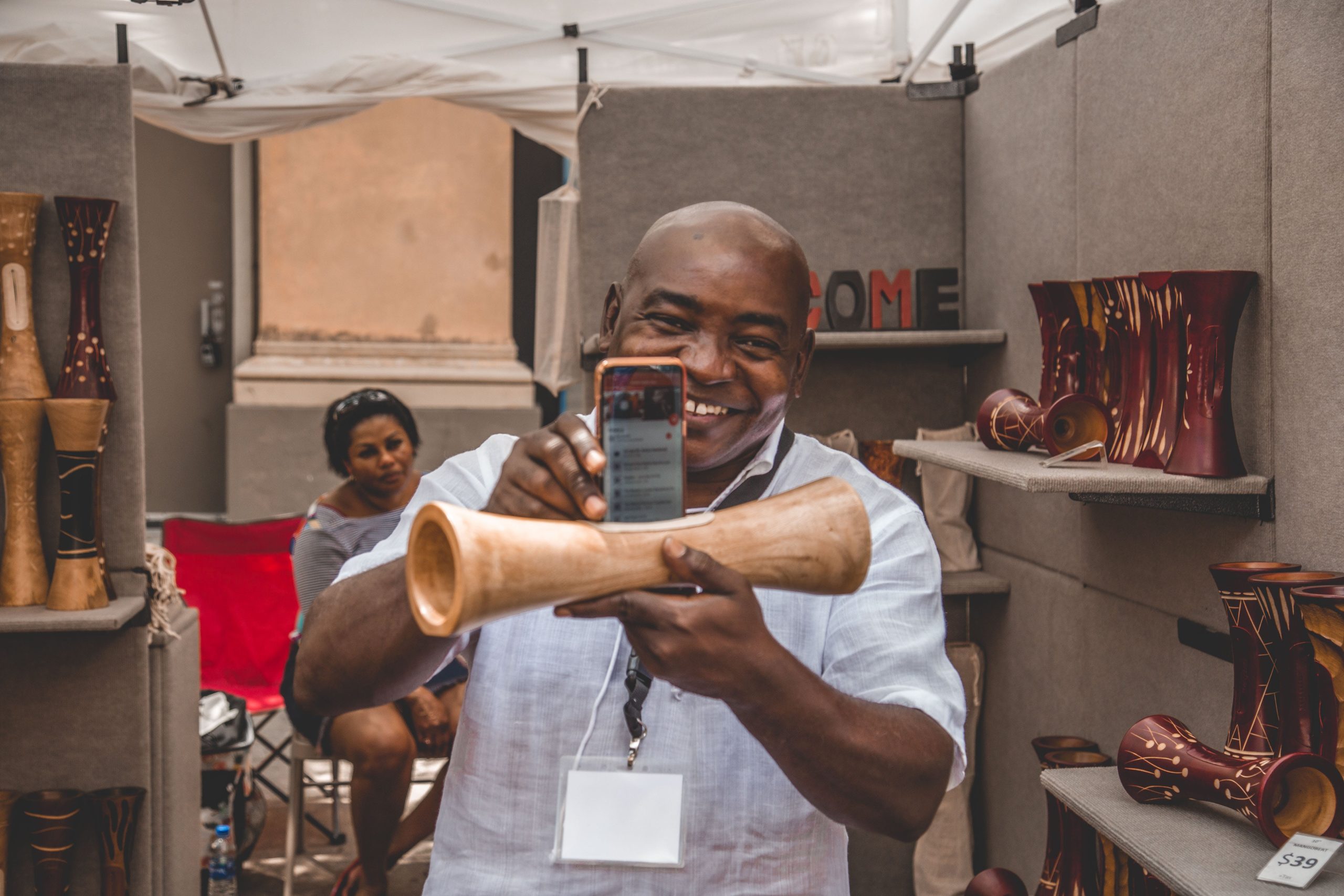Trans-formative Counselling Practices in African Countries.
Counseling plays a crucial role in the mental health and well-being of individuals in African countries, addressing a range of challenges and promoting positive outcomes. It is important to approach this topic with sensitivity, avoiding perpetuation of stereotypes while acknowledging the diversity and complexity of African cultures.
Stereotypes about counseling can vary widely depending on cultural, social, and individual factors. It’s important to note that stereotypes often oversimplify and may not accurately represent the diverse and valuable nature of counseling. Here are some common stereotypes associated with counseling:
- Only for “Crazy” or Severe Mental Health Issues:
- Stereotype: Some people may believe that counseling is only necessary for individuals dealing with severe mental health issues or that seeking counseling implies a person is “crazy.”
- Reality: Counseling is a versatile resource that can benefit individuals dealing with a wide range of challenges, including stress, relationship issues, personal growth, and life transitions. It is not exclusively for those with severe mental health disorders.
- One-Size-Fits-All Approach:
- Stereotype: There might be a perception that counseling follows a standardized approach, and therapists use the same techniques for every client.
- Reality: Effective counseling involves tailoring approaches to individual needs. Therapists employ a variety of therapeutic techniques and styles, and the process is collaborative, adapting to the unique circumstances and preferences of each client.
- Only for Weak or Unstable Individuals:
- Stereotype: Some individuals may associate seeking counseling with weakness or instability, believing that only people who can’t handle life’s challenges on their own seek help.
- Reality: Seeking counseling is a sign of strength and self-awareness. It takes courage to acknowledge the need for support and actively work towards personal growth and well-being.
- All About Giving Advice:
- Stereotype: There is a misconception that counselors primarily give advice to clients.
- Reality: While some guidance may be offered, counseling is more about facilitating self-discovery, helping clients explore their thoughts and feelings, and empowering them to make their own informed decisions. Counselors are trained to listen actively and guide the process rather than dictate solutions.
- Only for Crisis Situations:
- Stereotype: Some individuals may believe that counseling is only beneficial during times of crisis or extreme distress.
- Reality: Counseling is valuable for both crisis intervention and ongoing support. It can be a proactive means of maintaining mental health, preventing issues from escalating to crisis levels.
- Exclusive to Certain Demographics:
- Stereotype: There may be stereotypes that only certain demographics, such as individuals with high socioeconomic status or specific cultural backgrounds, seek or benefit from counseling.
- Reality: Counseling is inclusive and can benefit people from all walks of life, regardless of socioeconomic status, ethnicity, or cultural background. Therapists often receive training to provide culturally competent and sensitive services.
It’s crucial to challenge these stereotypes to encourage a more accurate understanding of counseling as a valuable and accessible resource for personal development and mental health support.
Here are some well-explained examples of the importance of counseling in African countries:
- Post-Traumatic Stress Disorder (PTSD):
- Fact: Many African countries have experienced conflicts, wars, and political instability, leading to widespread trauma.
- Importance of Counseling: Counseling can help individuals cope with the effects of trauma, managing PTSD symptoms and fostering resilience. For instance, in countries like Liberia or Sierra Leone, where civil wars have occurred, counseling services have been crucial in the post-conflict healing process.
- HIV/AIDS Stigma:
- Fact: HIV/AIDS is a significant health concern in many African countries, and individuals living with HIV often face stigma and discrimination.
- Importance of Counseling: Counseling is vital for addressing the mental health challenges associated with HIV/AIDS, reducing stigma, and promoting a supportive environment. For example, counseling services in South Africa have been instrumental in combating HIV-related stigma and improving the psychological well-being of affected individuals.
- Educational and Career Guidance:
- Fact: African youth often face challenges in accessing quality education and career opportunities due to various socio-economic factors.
- Importance of Counseling: Career and educational counseling can provide guidance to individuals, helping them navigate challenges and make informed decisions. In Nigeria, for instance, counseling services have been implemented to support students in making educational choices aligned with their interests and skills.
- Gender-Based Violence (GBV):
- Fact: Gender-based violence is a pervasive issue in many African societies, affecting women and girls disproportionately.
- Importance of Counseling: Counseling services play a crucial role in supporting survivors of gender-based violence, helping them cope with trauma, and facilitating their recovery. In countries like Kenya, counseling centers provide essential services for survivors of domestic violence and sexual assault.
- Mental Health Awareness:
- Fact: Mental health stigma exists in various African cultures, hindering individuals from seeking help.
- Importance of Counseling: Counseling contributes to breaking down mental health stigma, raising awareness, and promoting culturally sensitive approaches to mental well-being. In countries like Ghana, efforts are being made to integrate traditional healing practices with modern counseling to create a comprehensive mental health support system.
It’s essential to recognize the rich diversity within African countries, avoiding generalizations and stereotypes. While there are shared challenges, each country and community have unique cultural contexts that influence the delivery and acceptance of counseling services.
Improving counseling in Africa involves addressing a range of factors, including cultural, social, economic, and educational aspects.Several strategies that can contribute to enhancing counseling services in Africa:
- Cultural Sensitivity and Competence:
- Train counselors to be culturally sensitive and competent. Understanding and respecting diverse cultural backgrounds is crucial for effective counseling.
- Incorporate traditional healing practices into counseling approaches, acknowledging the importance of indigenous knowledge and beliefs.
- Education and Training:
- Strengthen the education and training of counselors. This includes continuous professional development to keep them updated on the latest counseling techniques and cultural competence.
- Encourage collaboration between universities, counseling organizations, and government agencies to improve the quality of counseling education.
- Community Involvement:
- Engage local communities in the counseling process. Establish community-based counseling programs to ensure accessibility and relevance.
- Foster partnerships with local leaders, religious institutions, and community organizations to reduce stigma associated with seeking counseling services.
- Mental Health Advocacy:
- Promote mental health awareness and advocacy to reduce the stigma surrounding mental health issues. This can be done through public campaigns, workshops, and community events.
- Involve influential figures, such as celebrities or community leaders, in advocating for mental health support.
- Integration of Technology:
- Use technology to increase the reach of counseling services, especially in remote or underserved areas. This can include teletherapy, online counseling platforms, and mobile applications.
- Train counselors to utilize technology effectively while ensuring data privacy and security.
- Economic Empowerment:
- Recognize the link between economic well-being and mental health. Support initiatives that promote economic empowerment, job training, and entrepreneurship to improve overall well-being.
- Advocate for policies that address the social determinants of mental health, such as poverty and inequality.
- Policy Development:
- Work with governments to develop and implement mental health policies that prioritize counseling services. Advocate for increased funding for mental health programs.
- Ensure that policies are culturally sensitive and address the unique challenges faced by different communities within Africa.
- Research and Data Collection:
- Conduct research on mental health issues specific to the African context. Use the findings to inform counseling practices and policies.
- Collect data on the effectiveness of counseling interventions and use this information to continually improve services.
- Peer Support Programs:
- Establish peer support programs that allow individuals to connect with others who have faced similar challenges. Peer support can complement formal counseling and reduce feelings of isolation.
- Trauma-Informed Care:
- Train counselors to provide trauma-informed care, recognizing the impact of historical trauma and ongoing stressors on mental health.
- Develop counseling approaches that address the unique needs of individuals who have experienced conflict, displacement, or other traumatic events.
By addressing these various aspects, it’s possible to create a more comprehensive and effective counseling framework in Africa, tailored to the specific needs and cultural contexts of the diverse populations on the continent.




















+ There are no comments
Add yours